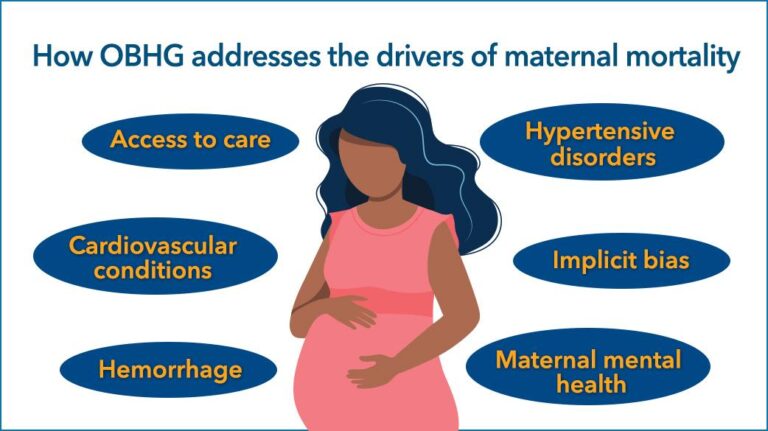Introduction
Tackling maternal mortality in sub-Saharan Africa is a critical issue that demands urgent attention. This region continues to struggle with some of the highest rates of maternal deaths globally, posing a significant challenge to health systems and economies alike. Improving maternal health is essential for the overall welfare of communities and countries in this area.
The Magnitude of the Problem
Statistics reveal a startling reality: approximately 200,000 women die each year in sub-Saharan Africa due to complications related to pregnancy and childbirth. These numbers are not just figures; they represent mothers, daughters, and sisters who are lost to preventable causes. Many factors contribute to this crisis, including lack of access to healthcare facilities, inadequate medical training, and socio-economic barriers.
Access to Healthcare
One of the primary challenges in reducing maternal mortality is the lack of access to quality healthcare services. In many rural and impoverished areas, healthcare facilities are scarce or non-existent, making it difficult for pregnant women to receive the necessary care. Efforts must be made to improve infrastructure and provide affordable transportation to medical centers.
Nutritional Needs
Nutrition plays a crucial role in maternal health during pregnancy and childbirth. Malnutrition can lead to complications that jeopardize the lives of both mothers and babies. Programs focused on improving food security and maternal nutrition can significantly reduce risks associated with childbirth.
Community Involvement and Education
Empowering women through education is vital in addressing maternal mortality. Women who are informed about their health and rights are more likely to seek medical assistance when needed. Community programs that educate women about reproductive health can lead to better outcomes for mothers and their children.
International Support and Initiatives
Organizations and governments around the world have begun to recognize the importance of tackling this issue. Initiatives such as the Sustainable Development Goals (SDGs) aim to reduce global maternal mortality rates. Partnerships between local governments and international organizations can provide the resources necessary to implement effective health programs.
Case Studies and Success Stories
There are encouraging signs of progress in various sub-Saharan countries that have implemented successful strategies. For instance, nations that have improved access to skilled birth attendants have seen a decline in maternal deaths. Sharing these success stories can inspire further action and investments in maternal health.
Conclusion
tackling maternal mortality in sub-Saharan Africa requires a multifaceted approach. By enhancing healthcare access, improving nutrition, and fostering community engagement, significant strides can be made. To learn more about ongoing efforts, visit this link.

